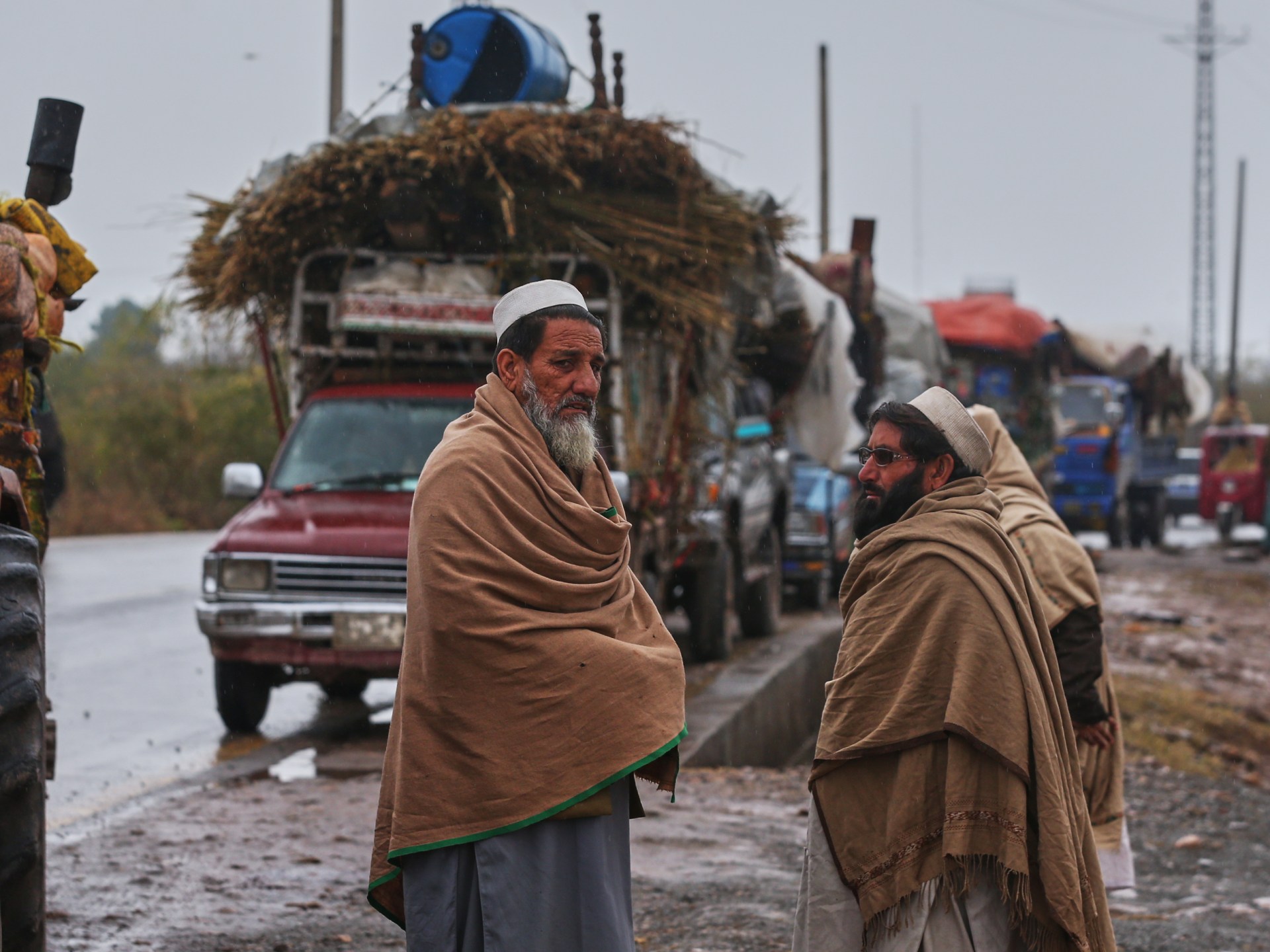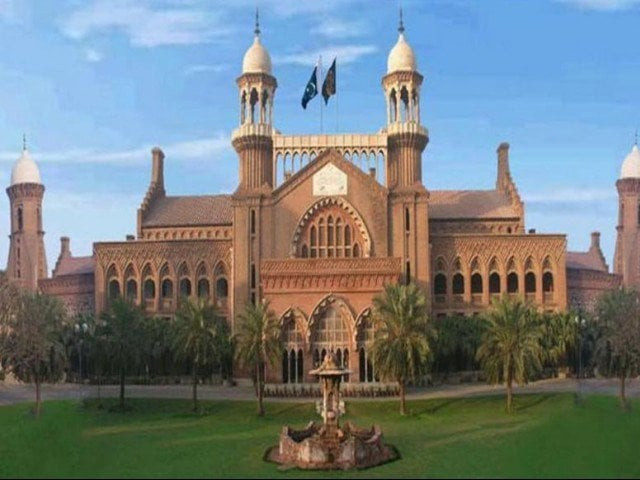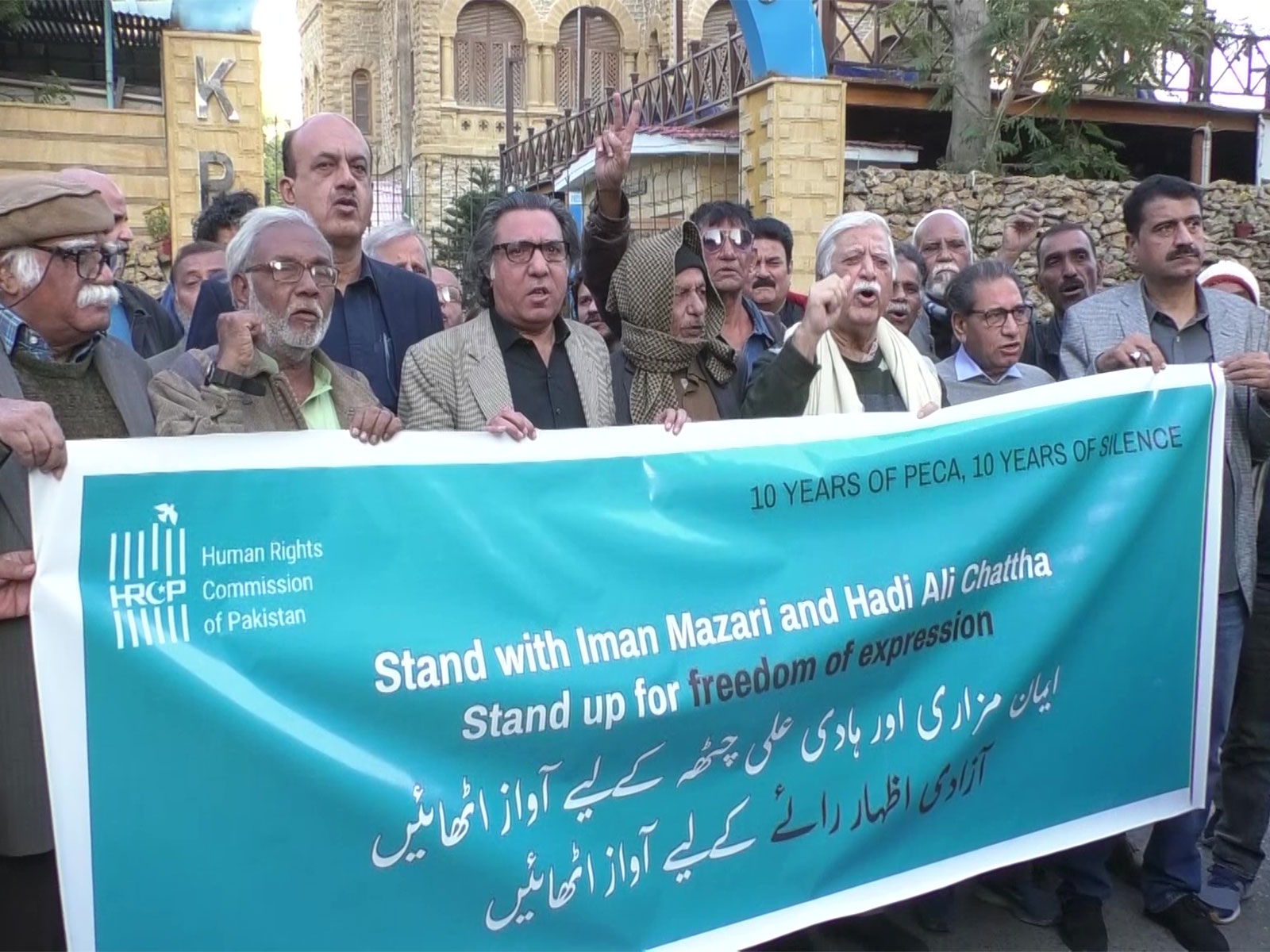- ECC approves disposal of 500,000 metric tons of wheat RADIO PAKISTAN
- Govt OKs sale of imported wheat at subsidised rates The Express Tribune
- ECC approves TSGs of over Rs66.11bn Business Recorder
- Federal Minister for National Food Security and…
Category: 1. Pakistan
-
ECC approves disposal of 500,000 metric tons of wheat – RADIO PAKISTAN
-
No military operation being carried out in Tirah valley: Talal – RADIO PAKISTAN
- No military operation being carried out in Tirah valley: Talal RADIO PAKISTAN
- Officials say most Tirah residents have been evacuated Dawn
- Asif rules out military operation in Tirah; terms displacement ‘routine’ seasonal migration The Express…
Continue Reading
-
Punjab CM reaffirms commitment to accelerate work on development projects – RADIO PAKISTAN
- Punjab CM reaffirms commitment to accelerate work on development projects RADIO PAKISTAN
- June deadline set for civic projects The Express Tribune
- CM Maryam Launches ‘Sohna Punjab’ Project ProPakistani
- Government Approves Nine Mega Development…
Continue Reading
-
Pakistan offloads wheat stocks, boosts provincial supply to stabilize prices – Arab News
- Pakistan offloads wheat stocks, boosts provincial supply to stabilize prices Arab News
- ECC greenlights grants worth Rs90b The Express Tribune
- Federal Minister for National Food Security and Research Rana Tanveer Hussain chairing 4th meeting of…
Continue Reading
-
Sharjeel hopeful construction of main BRT corridor on Karachi’s University Road will be complete by March – Dawn
- Sharjeel hopeful construction of main BRT corridor on Karachi’s University Road will be complete by March Dawn
- University Road and Safoora corridor to reopen by March, Sharjeel Memon says The Express Tribune
- Transport projects: progress…
Continue Reading
-

Gul Plaza fire probe finds blaze started in flower shop, spread via AC ducts
Muhammad Imran, 56, a crockery shop owner who survived, looks on following a massive fire that broke out in the Gul Plaza Shopping Mall in Karachi on January 23. Photo: Reuters
…Continue Reading
-

Tens of thousands flee northwest Pakistan’s Tirah over fears | Gallery News
Published On 28 Jan 2026
More than 70,000 people, mostly women and children, have fled from Tirah, a remote region in northwestern Pakistan bordering Afghanistan, as fears grow of an…
Continue Reading
-

LHC seeks govt response on plea to restrict social media use by children under 16
LAHORE:The Lahore High Court on Wednesday took up a petition seeking…
Continue Reading
-
PM reaffirms determination to eradicate polio – RADIO PAKISTAN
- PM reaffirms determination to eradicate polio RADIO PAKISTAN
- Pakistan renews resolve to eradicate polio this year Dawn
- PM vows to eliminate polio with Gates Foundation support The Nation (Pakistan )
- Rotary grant backs WHO effort to vaccinate 27…
Continue Reading
